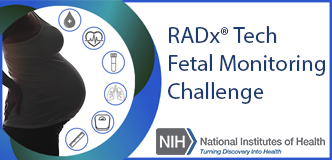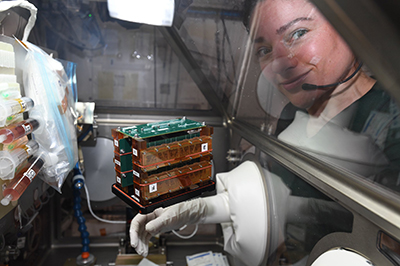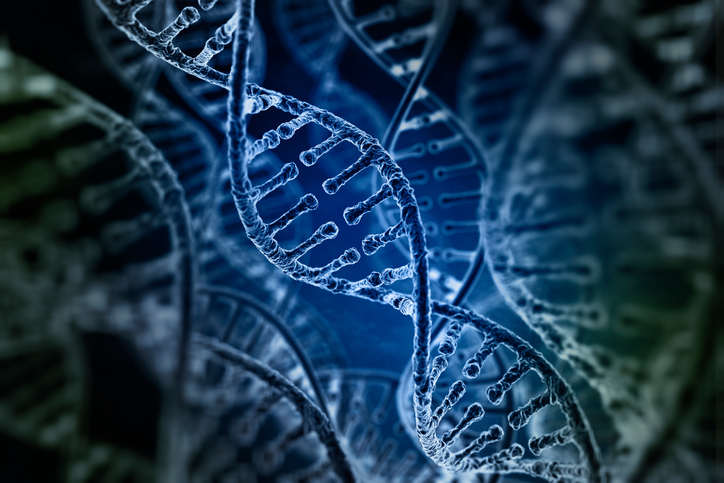The National Institutes of Health will award up to $2 million in cash awards to accelerate the development of diagnostic and monitoring technologies that improve fetal health outcomes in low-resource settings. The rapid acceleration of diagnostic technology (RADx® Tech) Fetal Monitoring Challenge calls on scientists, engineers, and clinicians from across the country to submit their innovative approaches and compete for awards and additional resources to support technological development and clinical impact. The challenge is sponsored by the NIH’s National Institute of Biomedical Imaging and Bioengineering (NIBIB), the Eunice Kennedy Shriver National Institute of Child Health and Human Development (NICHD) and Bill & Melinda Gates Foundation. The technologies presented will be evaluated in multiple stages while competing for final prizes of up to $750,000.
Monitoring of fetal health status in the final weeks of pregnancy and during childbirth is not performed uniformly across the country and around the world, and few novel diagnostic and monitoring tools have emerged in recent years. Globally, there are approximately 2 million stillbirths each year, and more than 21,000 occur annually in the United States, with 40% occurring after the onset of labor. The RADx Tech Fetal Monitoring Challenge seeks innovation in home and point-of-care monitoring and diagnostic technologies that can reduce the risk and loss of fetal health during the late antepartum and/or intrapartum periods of pregnancy. This need is especially urgent in low-income areas where access to high-quality prenatal care is limited.
“By bringing attention to an unacceptable state of care, we hope to inspire innovators to design solutions for accurate, cost-effective and safe fetal monitoring and diagnostic approaches,” said Bruce Tromberg, Ph.D., director of NIBIB. “The goal is to achieve safer birth outcomes, focusing on the health of the fetus in the later stages of pregnancy, when easy-to-use technologies can detect the need for specific medical care.”
Successful technologies developed in this challenge will directly measure one or more parameters of fetal health status and have great potential for accessible and cost-effective use and impact in low-resource settings. Examples of desired technologies include, but are not limited to, wearable devices, smartphone-enabled diagnostic tools, photonic or acoustic imaging devices, integrated sensor technologies, and in vitro diagnostic devices or tests.
“The challenge mechanism goes beyond the typical grant process to rapidly bring together diverse voices to stimulate innovation,” said Diana W. Bianchi, MD, director of the NICHD. “We are looking for health technology solutions that meet the needs of pregnant people in their own homes and communities.”
The competition begins on September 18, 2023, and submissions are due by November 17, 2023. Up to 10 semi-finalists will receive a prize of $5,000 each and will be invited to deliver a live presentation and technology demonstration to the NIH, the Bill & Melinda Gates Foundation, and other experts. Up to six finalists will emerge with prizes of $75,000 each and the opportunity to compete in the final phase, a technological development sprint. During this final phase of the challenge, finalists will compete to advance their technologies and address any risks to development while competing for their share of the remaining $1.5 million in grand prizes.
The challenge is open to any US-based innovator or organization that can demonstrate the viability and readiness of their technology to have a reasonable chance of entering the market within the next five years and have great potential for accessible and cost-effective use in low-resource environments. Teams can include startups, small or medium-sized businesses, nonprofit organizations, and academic institutions. Visit Challenge.gov for additional details on technology requirements, eligibility, rules, and how to register.
###
About the National Institute of Biomedical Imaging and Bioengineering (NIBIB): NIBIB’s mission is to improve health by leading the development and accelerating the application of biomedical technologies. The Institute is committed to integrating engineering and physical sciences with biology and medicine to advance our understanding of diseases and their prevention, detection, diagnosis and treatment. NIBIB supports research and development of emerging technologies within its internal laboratories and through grants, collaborations and training. More information is available on the NIBIB website.
About him Eunice Kennedy Shriver National Institute of Child Health and Human Development (NICHD): The NICHD leads research and training to understand human development, improve reproductive health, improve the lives of children and adolescents, and optimize the capabilities of all. For more information, visit https://www.nichd.nih.gov.
About the National Institutes of Health (NIH): NIH, the nation’s medical research agency, includes 27 institutes and centers and is a component of the U.S. Department of Health and Human Services. NIH is the primary federal agency that conducts and supports basic, clinical, and translational medical research, and is investigating the causes, treatments, and cures of common and rare diseases. For more information about NIH and its programs, visit https://www.nih.gov.



